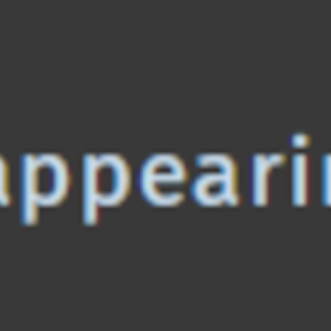
Security
A child, confident that her parent will be there when she needs them, is willing to leave their side, to explore and try new things. This is how she learns to be independent. Having an anchor you can rely on is important.
Children put into a big space and simply asked to play stay close together more or less where they’re put. If, however they are told there are boundaries to their space, and where those boundaries are, they range more widely in their play – often right up to the boundaries. Some of them may even test how firm those boundaries are. This is how children learn to be creative. Boundaries are important.
I’m not sure I’d want my business to behave literally like a family, but it is possible to give it some of the same structure to create a community. Your Promise of Value and the processes that are driven by it are both anchor and boundaries. Everyone can fall back on the anchor in times of stress, and push the boundaries of the system when they’re feeling adventurous.
In the space between, let them play.
Discipline makes Daring possible.









You can sign up here: https://mailchi.mp/b551379847f0/sign-up-for-the-disappearing-boss-newsletter
Or here: https://gibbsandpartners.com/subscribe/